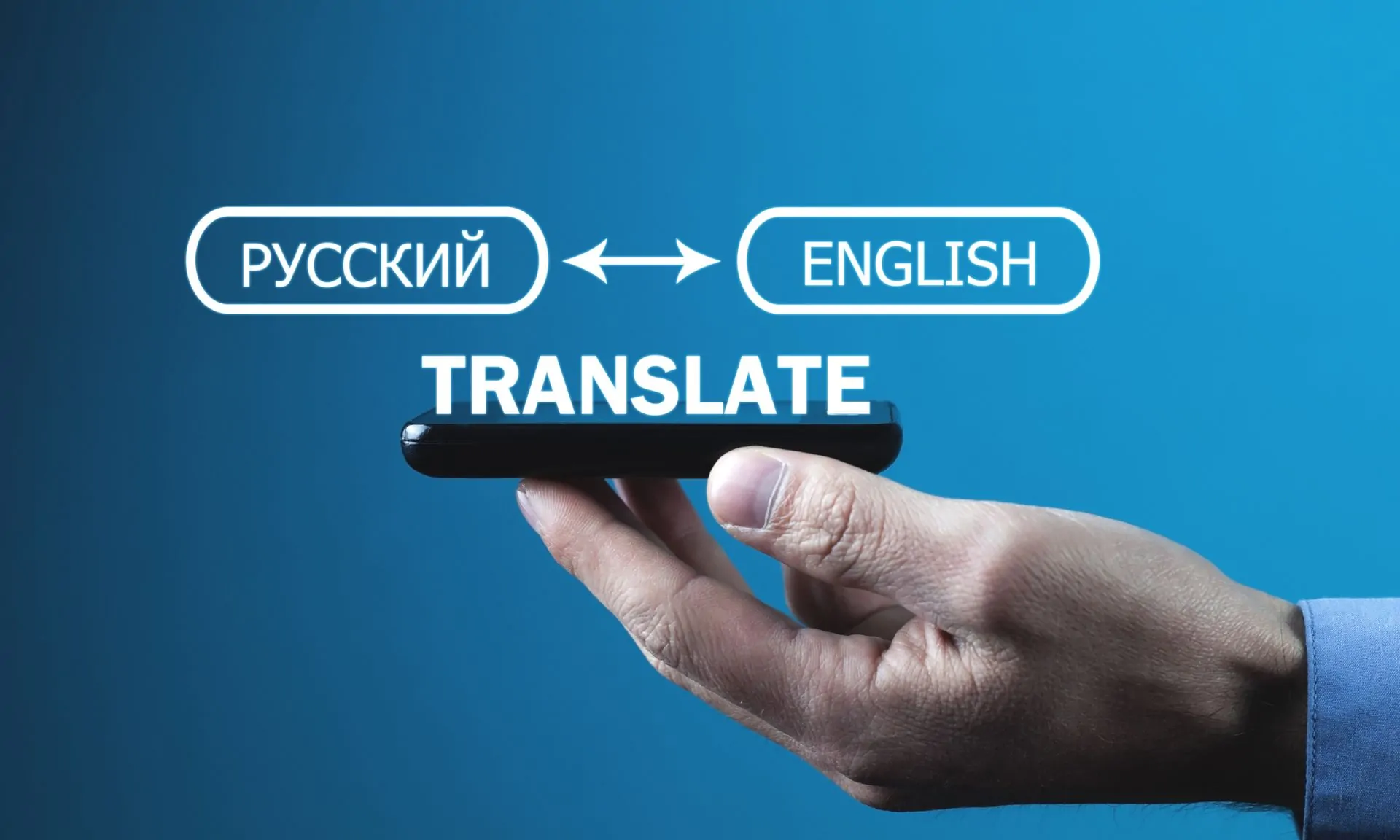
Businesses today face the daunting challenge of providing exceptional customer support across diverse global markets. Reaching customers who speak different languages… well, it requires more than just translating a few key phrases. It demands an understanding of cultural nuances and unique communication styles, among other crucial elements.
Enter Salesforce Knowledge Translation, a powerful tool that revolutionizes customer support. It seamlessly translates support resources like FAQs into multiple languages. This empowers customers to find the information they need, when they need it, in their preferred language.
Let’s delve deeper into how Salesforce Knowledge Translation empowers businesses to deliver truly global support.
Technological Sophistication
Salesforce Knowledge Translation has advanced neural network architectures and intelligent processing mechanisms. These sophisticated algorithms go beyond literal word-to-word conversion, employing deep learning models that understand contextual nuances, industry-specific terminologies, and complex linguistic structures. By analyzing extensive multilingual datasets, the system develops an intricate understanding of language variations, enabling more accurate and meaningful translations that capture subtle communicative intents.
The system’s technological framework represents a quantum leap in machine translation capabilities. Neural network models continuously learn from each translation interaction, creating a dynamic, self-improving ecosystem that adapts to evolving linguistic patterns and industry-specific communication requirements.
Due to this technological sophistication, the quality provided by Salesforce Knowledge articles translation will always be top-notch. Your support resources can now be fully understood by your customers wherever they may be in the world. You get to avoid miscommunications, all while winning your customers’ trust.
Operational Efficiency and Scalability
The traditional approach to multilingual support has been fraught with inefficiencies, involving complex, time-consuming translation processes that drain organizational resources. Salesforce Knowledge Translation fundamentally disrupts this pattern by introducing an automated, intelligent content management system that dramatically reduces manual intervention. By centralizing translation workflows, organizations can streamline their knowledge distribution, eliminating redundant translation efforts and creating a unified, efficient approach to global support documentation.
The scalability of this system represents a transformative advancement in organizational support capabilities. Traditional multilingual support models required proportional increases in human resources and translation budgets as companies expanded internationally. In contrast, Salesforce Knowledge Translation enables businesses to rapidly scale their support infrastructure without exponential cost increases. Machine learning (ML) algorithms continuously optimize translation processes, allowing companies to maintain high-quality, consistent support across multiple languages while minimizing operational overhead and maximizing resource allocation.
Ensuring Quality and Consistency
Quality assurance in multilingual support has historically been a complex, resource-intensive challenge.

Salesforce Knowledge Translation introduces a comprehensive, multi-layered verification approach that combines human expertise with advanced technological validation mechanisms. Professional translators, subject matter experts, and automated validation tools collaborate in an integrated workflow, ensuring that every translated piece of content undergoes rigorous scrutiny to maintain its original technical accuracy, communicative intent, and contextual relevance.
The system’s quality control method goes beyond traditional translation review processes. Sophisticated ML algorithms perform continuous cross-referencing, comparing translations against original content, industry-specific glossaries, and historical support interactions. This intelligent validation process identifies potential inconsistencies, linguistic ambiguities, and contextual misalignments, guaranteeing that support documentation remains precise, reliable, and true to its original purpose across different linguistic environments.
Accelerating Problem Resolution
Salesforce Knowledge Translation revolutionizes problem resolution by creating intelligent, multilingual knowledge bases that provide immediate, contextually relevant support resources. By eliminating language barriers and leveraging advanced search and retrieval algorithms, the system enables customers to find solutions rapidly, reducing frustration and minimizing the need for direct human intervention.
The platform’s intelligent architecture implements dynamic content retrieval mechanisms that understand user intent, linguistic nuances, and individual support histories. Machine learning algorithms analyze interaction patterns, predictively presenting the most relevant information based on specific user contexts. This approach significantly reduces resolution times, improves first-contact solution rates, and creates a more personalized, efficient support experience.
Strategic Competitive Advantage
Salesforce Knowledge Translation enables organizations to demonstrate technological sophistication, a global mindset, and a genuine commitment to serving diverse customer bases. By investing in advanced translation technologies, companies signal their readiness to engage with international markets, communicate authentically, and provide exceptional customer experiences across linguistic boundaries.

The strategic implications of this approach extend far beyond immediate support interactions. Organizations that successfully implement comprehensive multilingual support infrastructure can attract international customers, build robust global reputations, and position themselves as innovative, customer-centric enterprises. The ability to communicate effectively across languages becomes a powerful brand asset, reflecting organizational adaptability, technological prowess, and a genuine understanding of global customer diversity.
Conclusion
The future of customer support is about creating genuinely inclusive experiences that make every customer feel valued, understood, and supported, regardless of the language they speak. Salesforce Knowledge Translation is at the forefront of this transformative approach. It bridges communication gaps and sets new standards for global customer service excellence.















